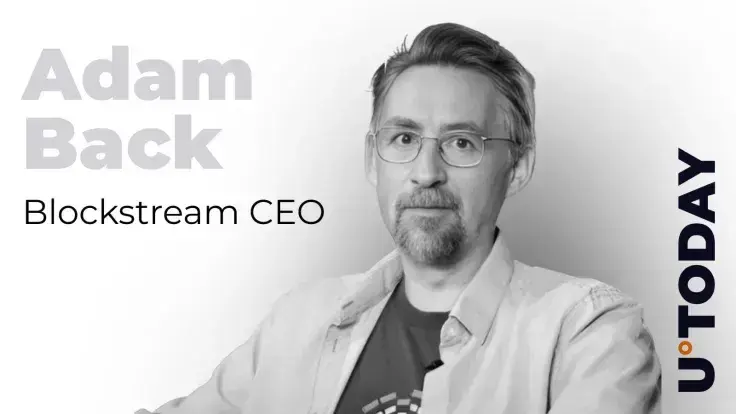
Disclaimer: The opinions expressed by our writers are their own and do not represent the views of U.Today. The financial and market information provided on U.Today is intended for informational purposes only. U.Today is not liable for any financial losses incurred while trading cryptocurrencies. Conduct your own research by contacting financial experts before making any investment decisions. We believe that all content is accurate as of the date of publication, but certain offers mentioned may no longer be available.
In a recent tweet, Bitmex Research reveals a tidbit of Bitcoin history: the first debate about arbitrary data on the blockchain happened in December 2010, and Bitcoin's pseudonymous creator Satoshi Nakamoto was involved.
On Dec. 8, 2010, Satoshi released Bitcoin version 0.3.18, which included a standards check, to only include known transaction types. This did not sit well with certain members of the Bitcoin community, with some concerned that this would prevent people from using the blockchain to store arbitrary data.
BitMex shared screenshots of the discussion involving Satoshi and early Bitcoin users, including Christian Decker, Gavin Andresen, Theymos and "RHorning," culled from the Bitcointalk forum.
While the Bitcoin community went back and forth on the update, Satoshi came back into the discussion, saying that new transaction types can be added if applications (like BitDNS) needed it.
The debate continued, with some claiming that if the arbitrary data were allowed in the protocol by design, using client defaults, the government would see it differently. Theymos then released a patch client that removed restrictions on nonstandard transactions.
Adam Back weighs in
Blockstream CEO Adam Back reacted to Bitmex Research's tweet saying: "Time is a flat circle. It was Satoshi that argued for data initially enough for a hash. Most of those arguments could have been written this week. Including the four horsemen. And yet Bitcoin didn't die in 2010. Something tells me it won't be dead in 2025 either."
Debates about the Bitcoin blockchain and its future are nothing new, but this week, the discussion took another turn after reports emerged that Luke Dashjr, Bitcoin Knots developer, was mulling a hard fork that would install a trusted multisig committee with power to retroactively alter the blockchain, review transactions and remove illicit content.
A report cited purported leaked text messages, in which Dashjr allegedly warned: "Either Bitcoin dies or we have to trust someone."
Dashjr has strongly denied the claims, but the recent development highlights a long-standing divide between Knots, which imposes stricter rules to block non-monetary data like Ordinals and Runes, and Bitcoin Core, which is more permissive.

 Dan Burgin
Dan Burgin Vladislav Sopov
Vladislav Sopov